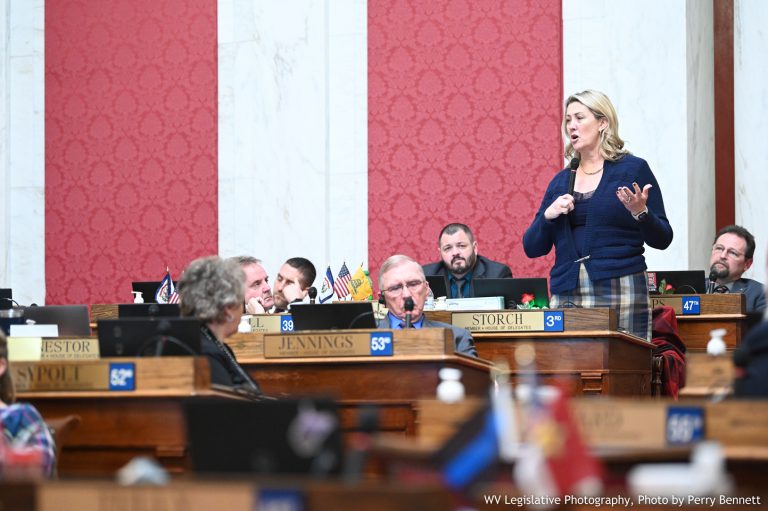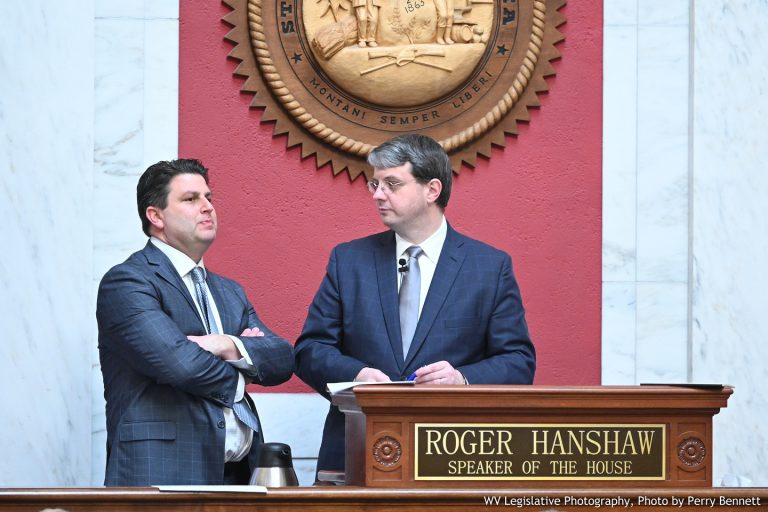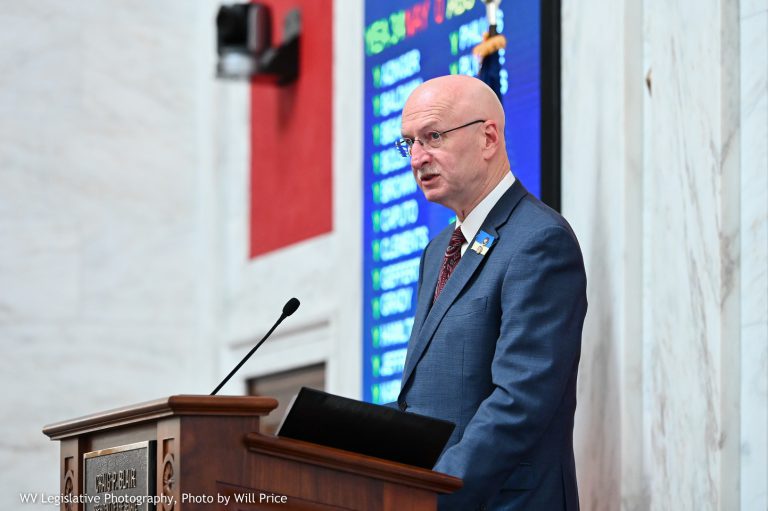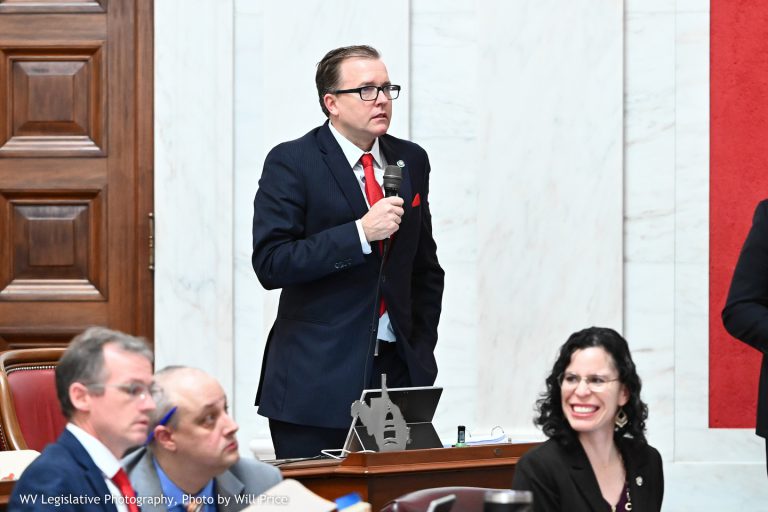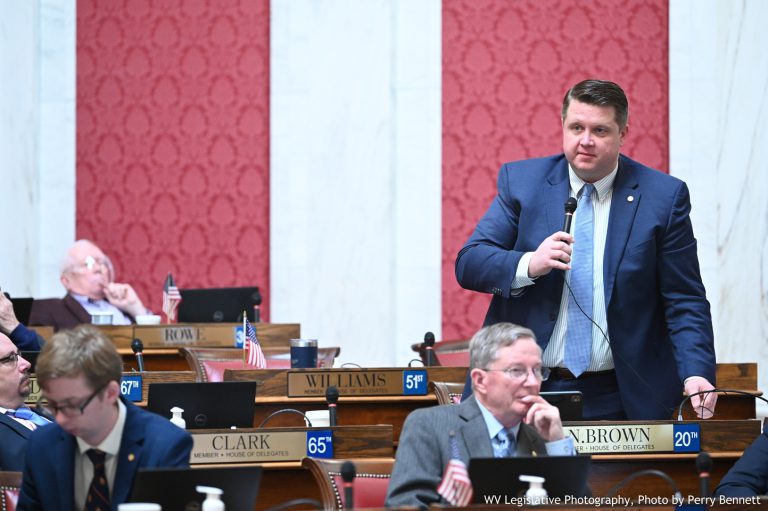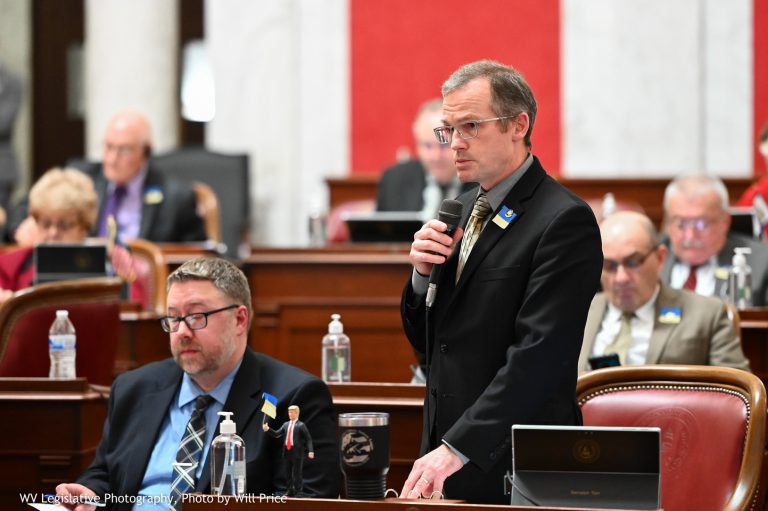The Senate completed action Saturday night on a bill that will offer tax credits to private businesses that provide child care facilities for their employees.
Senate Bill 656 will provide qualifying small businesses, corporations and nonprofits that offer child care services certain tax breaks. A for-profit business will be eligible for relief on its state corporate net income tax and nonprofits could receive payroll tax credits under the bill.
These tax credits will be offered to businesses and nonprofits that already have these facilities, as well as ones that want to create a childcare facility for their employees.
In most cases the childcare facility will have to be on the business’ premises but there are exceptions in the bill where it can be “a reasonable distance” from the business if the state Tax Commissioner deems the on-site location unsuitable for the care of children.
There are provisions in the bill where the state can recapture some of the money if the employer ends its child care services after receiving the credit. The state would get 100 percent of the money back if the childcare facility closes within 5 years. The percentage that goes back to the state lowers by 10 percent with each year, until year 14, where the recapture amount would be zero.
The Senate is in recess until 9:45 p.m.


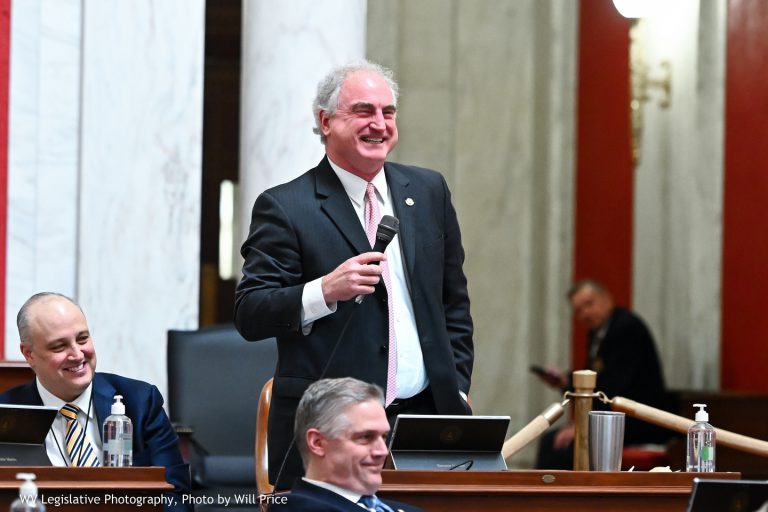
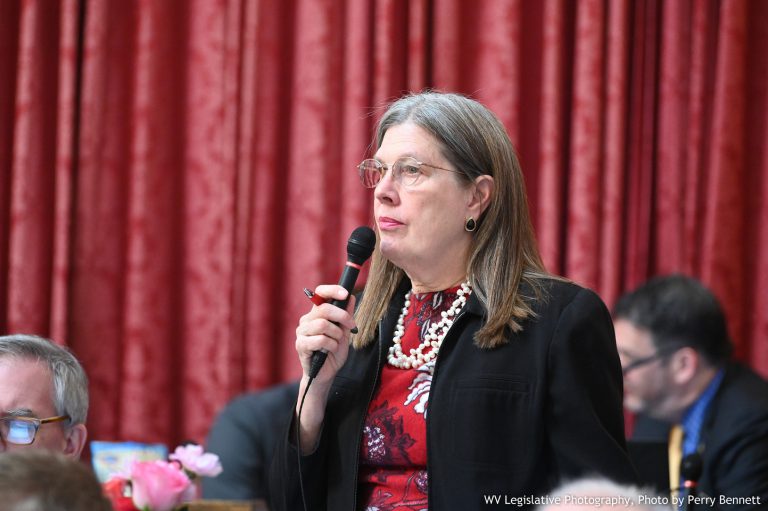
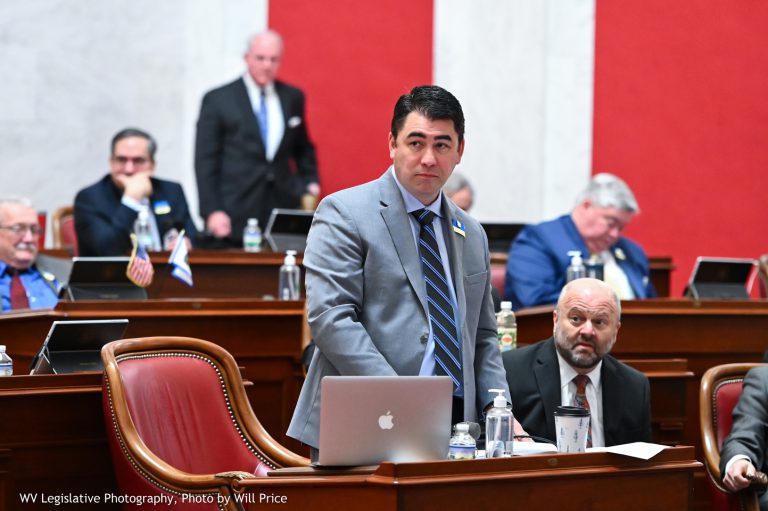
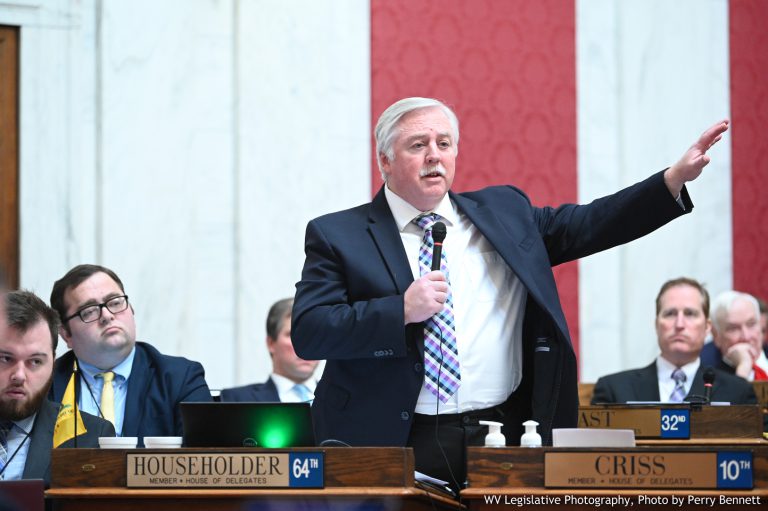
 “I’m going to support the motion. I hope you do as well because as the gentleman from the 34th said, I believe the good outweighs the bad. It’s not the budget I would have written unilaterally, it may not be the budget you would have written unilaterally, probably was not the budget the Chairman would have written unilaterally, but it’s where we are. It’s a budget that those three parties who make up the governing body of West Virginia agree should be our spending priorities for Fiscal Year 2023.”
“I’m going to support the motion. I hope you do as well because as the gentleman from the 34th said, I believe the good outweighs the bad. It’s not the budget I would have written unilaterally, it may not be the budget you would have written unilaterally, probably was not the budget the Chairman would have written unilaterally, but it’s where we are. It’s a budget that those three parties who make up the governing body of West Virginia agree should be our spending priorities for Fiscal Year 2023.”